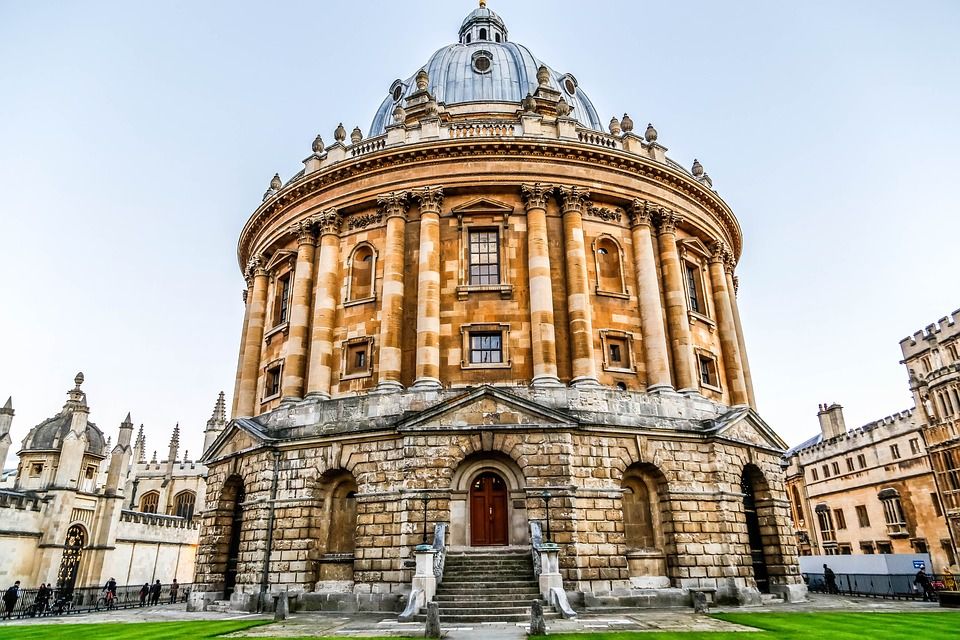Oxford to install 100 electric vehicle charging stations, turning the city into a ‘living lab’
Oxford City Council announced the launching of the Go Ultra Low Oxford (GULO) programme, aiming to install 100 electric vehicle charging stations in the city’s residential streets to help the deployment of electric vehicles.

Oxford City Council announced the launching of the Go Ultra Low Oxford (GULO) programme, aiming to install 100 electric vehicle charging stations in the city’s residential streets to help the deployment of electric vehicles.
The programme is a collaboration of Oxford City Council with the County Council, after they secured a £800,000 grant from the Government’s Office for Low Emission Vehicles (OLEV) - as part of the £40m Go Ultra Low Cities governmental scheme to encourage the transition to electric vehicles.
The programme will comprise six different charging technologies, from cable gullies to retrofitting lamp posts with charging stations.
During the pilot phase, the Council will install thirty charging stations- ten will be available for the general public, ten for Co-wheels Car Club vehicles, and ten for individual households.
Co-wheels is a car club which operates all over the UK and provides drivers with low emission, hybrid and electric cars on a "pay as you go" basis.
The pilot phase will constitute an on-going experiment to find out which solution fits best to Oxford’s resident’s needs, and it will last one year.
The installation of the trial charging stations will begin this month, and will be completed and ready for use by October.
Once the trial is completed, and the best technology is decided, the installation of the one hundred charging stations across the city is expected to begin by 2018.
Residents who will make use of the trial charging stations will provide feedback after the one-year use, which will be collated and analysed by researchers from the University of Oxford’s Transport Studies Unit (TSU).
The findings will then be presented to the Government, to inform future national and local authority investment decisions.
Researchers from Oxford University will also publish the results in academic journals.
The installation points of the trial charging stations were decided after the City Council invited individuals who use or would like to use electric vehicles to express their opinion.
The network of charging stations will be managed by the Dutch company NewMotion, and people who are interested in the programme can apply for a free charge card and download the NewMotion app for real-time information on chargers availability.
The electricity will come from the renewable energy company Good Energy, which operates a network of solar, hydro, wind and biofuel generators- meaning that the chargers will operate with 100 percent renewable energy.
Councillor John Tanner, City Council Executive Board Member for a Clean and Green Oxford, said: “I’m thrilled that Oxford City Council is leading the delivery of the Go Ultra Low Oxford Project with Oxfordshire County Council”.
He added: “By 2027 more people could be buying electric cars than petrol or diesel, and our project will help us prepare for this future”.
Dr Tim Schwanen, Director of University of Oxford’s Transport Studies Unit, remarked the importance of the programme- which is said to be the first of its size worldwide, as a lessons- learned experience that will be useful for the whole EV future.
"The project has global scientific significance because we know surprisingly little about how electric vehicle users and local communities adapt to new charging infrastructure, especially if this is provided on residential streets where availability of a parking space is not guaranteed”.






